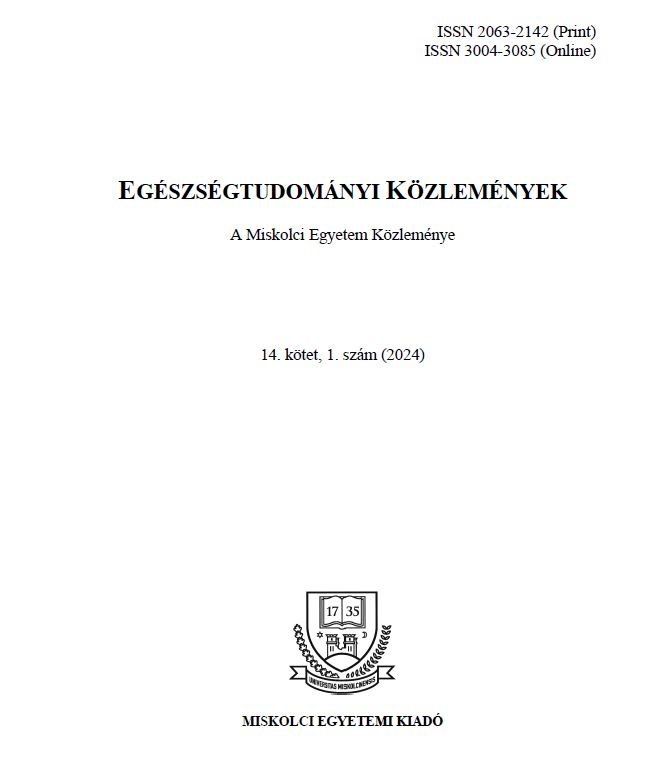A termékenységtudatosság aktuális szempontjai
DOI:
https://doi.org/10.32967/etk.2024.006Keywords:
egg quality, epigenetics, microbiome, fetal programmingAbstract
The average age of having children has been pushed forward for both men and women, however, both female and male fertility deteriorates with age.
More and more internal cell defects develop in the oocytes and their energy-producing capacity decreases. These errors can cause the embryonic DNA strands to separate incorrectly during cell division (meiosis), eventually leading to abnormal embryos. All those environmental factors (epigenetic effects) that affect them inside or outside the body also play a role in the quality of oocytes. Alterations in egg quality can be treated mainly with mitochondria-supporting antioxidants, dehydroepiandrosterone, glutathione support, and stress reduction. An ideal body weight is extremely important for maintaining fertility. Both too high and too low body weight can cause fertility problems. Maternal obesity and the underlying insulin resistance act as a significant, short- and long-term risk factor for both the mother and the fetus. Changes in the structure of histiotrophic nutrition can play an important role in fetal programming. Too early exposure of the embryo to reactive oxygen radicals can have a significant influence on both the embryo and the placenta, as well as on the morbidity of the later adult organism. Prenatal maternal oral pre- and probiotic treatment can be a cheap, safe and effective intervention point in the prevention of diseases. Endometrial receptivity is directly dependent on metabolism and microbiome. One of the most important factors that can disrupt the functional state of sperm is the increased amount of reactive oxygen radicals caused by obesity-induced oxidative stress. As age advances, the DNA structure of sperm also deteriorates.

